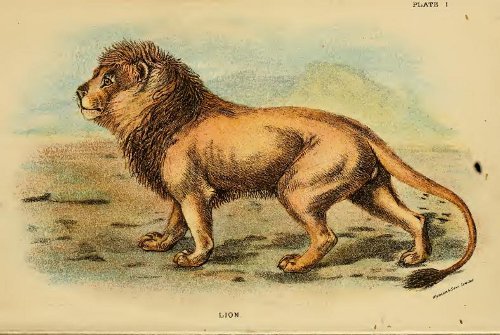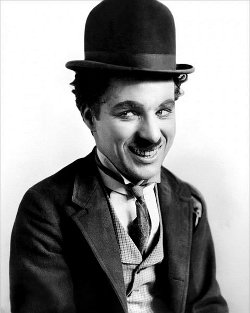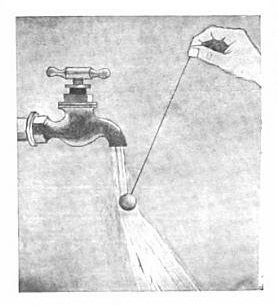
In 1938, the American Mathematical Monthly published an unlikely paper: “A Contribution to the Mathematical Theory of Big Game Hunting.” In it, Ralph Boas and Frank Smithies presented 16 ways to catch a lion using techniques inspired by modern math and physics. Examples:
- “The Method of Inversive Geometry. We place a spherical cage in the desert, enter it, and lock it. We perform an inversion with respect to the cage. The lion is then in the interior of the cage, and we are outside.”
- “A Topological Method. We observe that a lion has at least the connectivity of the torus. We transport the desert into four-space. It is then possible to carry out such a deformation that the lion can be returned to three-space in a knotted condition. He is then helpless.”
- “The Dirac Method. We observe that wild lions are, ipso facto, not observable in the Sahara Desert. Consequently, if there are any lions in the Sahara, they are tame. The capture of a tame lion may be left as an exercise for the reader.”
- “A Relativistic Method. We distribute about the desert lion bait containing large portions of the Companion of Sirius. When enough bait has been taken, we project a beam of light across the desert. This will bend right round the lion, who will then become so dizzy that he can be approached with impunity.”
The article has inspired a tradition of updates by other mathematicians over the years:
- “Let Q be the operator that encloses a word in quotation marks. Its square Q2 encloses a word in double quotes. The operator clearly satisfies the law of indices, QmQn = Qm + n. Write down the word ‘lion,’ without quotation marks. Apply to it the operator Q-1. Then a lion will appear on the page. It is advisable to enclose the page in a cage before applying the operator.” (I.J. Good, 1965)
- “Game Theoretic Method. A lion is big game. Thus, a fortiori, he is a game. Therefore there exists an optimal strategy. Follow it.” (“Otto Morphy,” 1968)
- “Method of Analytics Mechanics. Since the lion has nonzero mass it has moments of inertia. Grab it during one of them.” (Patricia Dudley et al., 1968)
- “Method of Natural Functions. The lion, having spent his life under the Sahara sun, will surely have a tan. Induce him to lie on his back; he can then, by virtue of his reciprocal tan, be cot.” (Dudley)
- “Nonstandard Analysis. In a nonstandard universe (namely, the land of Oz), lions are cowardly and may be caught easily. By the transfer principle, this likewise holds in our (standard) universe.” (Houston Euler, et al., 1985)
Dudley also suggested a “method of moral philosophy”: “Construct a corral in the Sahara and wait until autumn. At that time the corral will contain a large number of lions, for it is well known that a pride cometh before the fall.”



